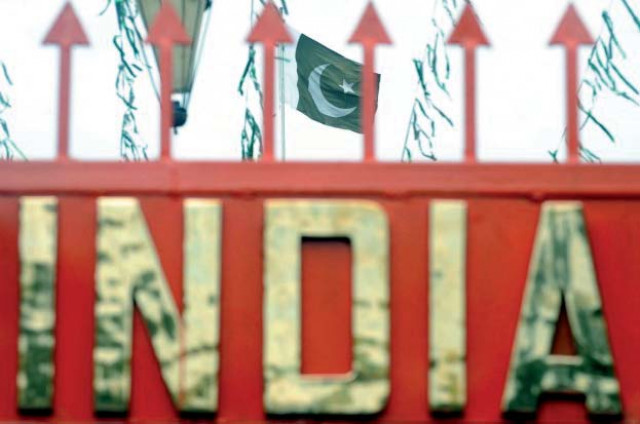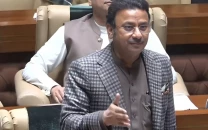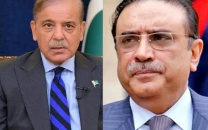Debunking concerns: MFN status for India and why it’s good for Pakistan
Prominent trade bodies were taken into confidence before the decision was made.

Debunking concerns: MFN status for India and why it’s good for Pakistan
South Asian Association for Regional Cooperation (Saarc) Chamber of Commerce and Industry, from its inception, realised that the great divide created on political basis was damaging the potential of regional cooperation.
Saarc Chamber accepted the challenge, and after hectic efforts of bridging the differences between the private sectors on both sides in Pakistan and India, succeeded in persuading the respective governments to come to the table and discuss how economic cooperation can be given a practical shape, pending the political issues.
Subsequently, meetings among the commerce secretaries of both countries were held where a framework was agreed upon to normalise trade relations and sort out the procedural bottlenecks.
After 15 years worth of efforts, the ice melted and Pakistan agreed to grant most favoured nation (MFN) status to India. However, it may be noted that while signing SAFTA on June 6, 2004, Pakistan had already agreed to grant MFN status to liberalise trade, it being a requirement of the World Trade Organisations framework of softening trade policies.
The fears being raised by certain circles in the country on MFN status to India is not based on facts.
Prior to granting this status, the government of Pakistan invited suggestions from the Federation of Pakistan Chambers of Commerce and Industry (FPCCI), regional chambers and other trade bodies, acknowledging trade and industry as the major stakeholders.
Eventually, various sectors like textile, automobile, leather and garments manufacturers, pharmaceutical manufacturers, etcetera, were also to be involved while selecting items for concessionary tariff and negative list.
It may be noted that the secretary commerce, government of Pakistan, has categorically assured that the process of compiling the new list will be completed with the consensus of all sectors. For the time being the government has decided to continue trading on the basis of existing positive list.
Another benefit will be that New Delhi will not oppose the European Union’s unilateral trade concession package to Pakistan in the forthcoming meeting of the WTO.
There are several advantages in the current arrangement. Short distances ensure savings on transportation and shipping cost besides reducing shipping period. The other advantage is that importers can visit any country of origin in the region at short notice for pre-shipment inspection to ensure quality of goods being imported. These benefits at the end of the year accumulate in savings of millions of dollars, besides reducing the cost of production.
India has succeeded in acquiring franchises from a number of world renowned industries. Thus machinery, semi-finished goods and raw materials can be imported at competitive prices.
India has worked hard in the agricultural sector. Its advancements are in development of hybrid seeds, improvement in yield per hectare, control of diseases and water management and Pakistan can benefit from this.
Efforts are also being made to sort out the non-tariff barriers (NTBs). It is hoped that when trade starts, the NTBs will be identified and removed.
The parliamentarians and political leaders are requested to work on improving infrastructure so that economic cooperation could produce results through improving production and employment. If the shortage of gas, electricity and water persists – no investor will come to Pakistan.
Iftikhar Ali Malik is the Vice President of Saarc Chamber, Pakistan Chapter
Published in The Express Tribune, December 12th, 2011.



















COMMENTS
Comments are moderated and generally will be posted if they are on-topic and not abusive.
For more information, please see our Comments FAQ